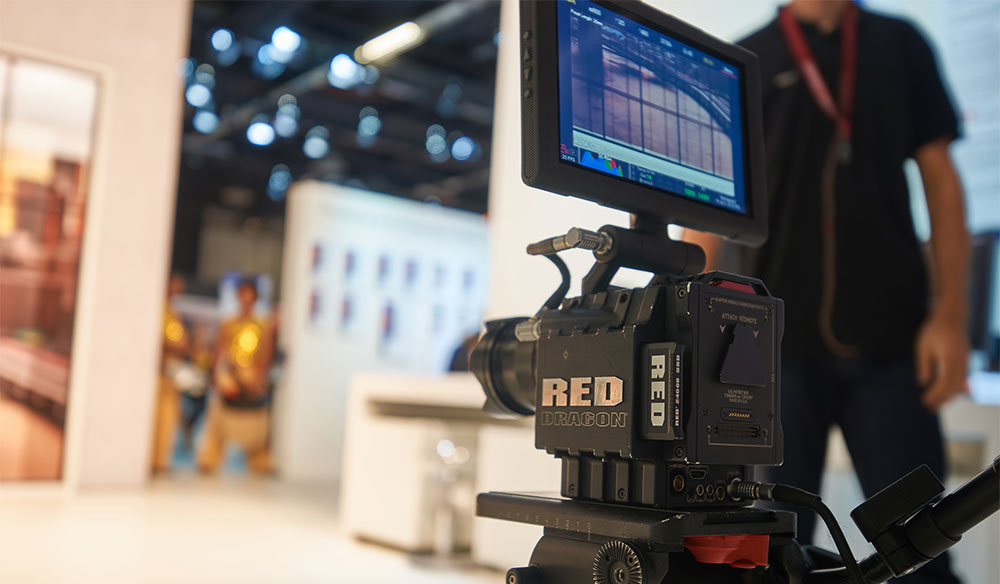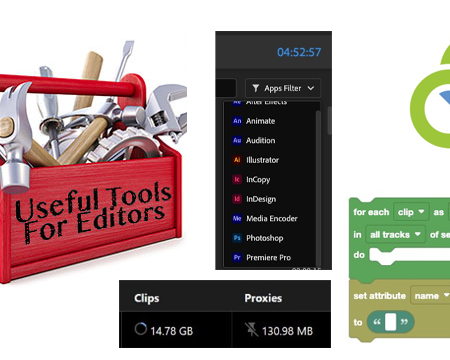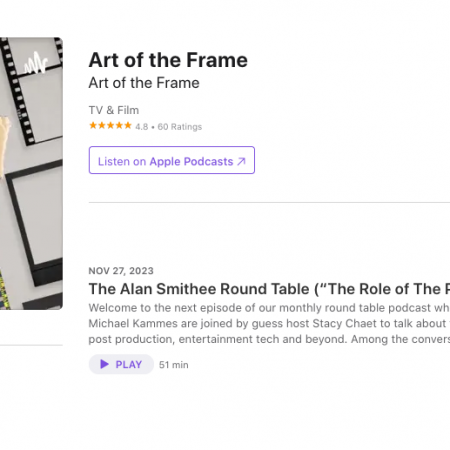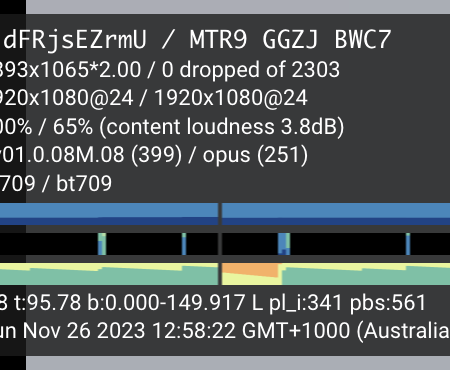Lights, camera, action! Don’t mourn the death of movies just yet. Instead, let’s celebrate the new era of post-lockdown filmmaking possibilities. The industry is undergoing some major changes, but that doesn’t have to be a bad thing. In fact, there are three current trends reshaping the industry that are worth getting excited about.
First up, the new power players. According to a recent Indiewire article, “power lies with portfolios, not the studios.” Streaming platforms, tech companies, and legacy brands like Netflix, Apple, and Disney are the ones controlling these portfolios. And while some of these platforms may be at war with each other, they’re not at war with the traditional cinema-going experience. This is great news for the filmmaking community, as more opportunities at the top usually means more trickle-down opportunity for the rest of us.
Next, smaller screens and cheaper production possibilities. Steven Soderbergh’s High Flying Bird, shot entirely on an iPhone 8, is a prime example of how the technology gap between high-end cinema cameras and everyday digital resources is closing quicker than many in the industry would care to admit. This could mean less stringent production guidelines and more opportunities for indie filmmakers to deliver high-quality content.
Last but not least, series over single story. Disney+ owes a great deal of its early success to the popularity of The Mandalorian, proving that having an iconic series can be more of a draw than a one-off movie. Plus, it’s a better deal financially. The Mandalorian shunned many of the established blockbuster production staples in favor of tried-and-true techniques and tricks you’d find on indie/local film sets and projects. This represents new opportunities for filmmakers to learn and develop all the necessary skills they need to jump into projects that can be featured on major streaming platforms in the future.
So, lights, camera, action! The future of filmmaking is looking bright. For more industry insights and filmmaking tips, tricks, and advice, check out our other articles.







